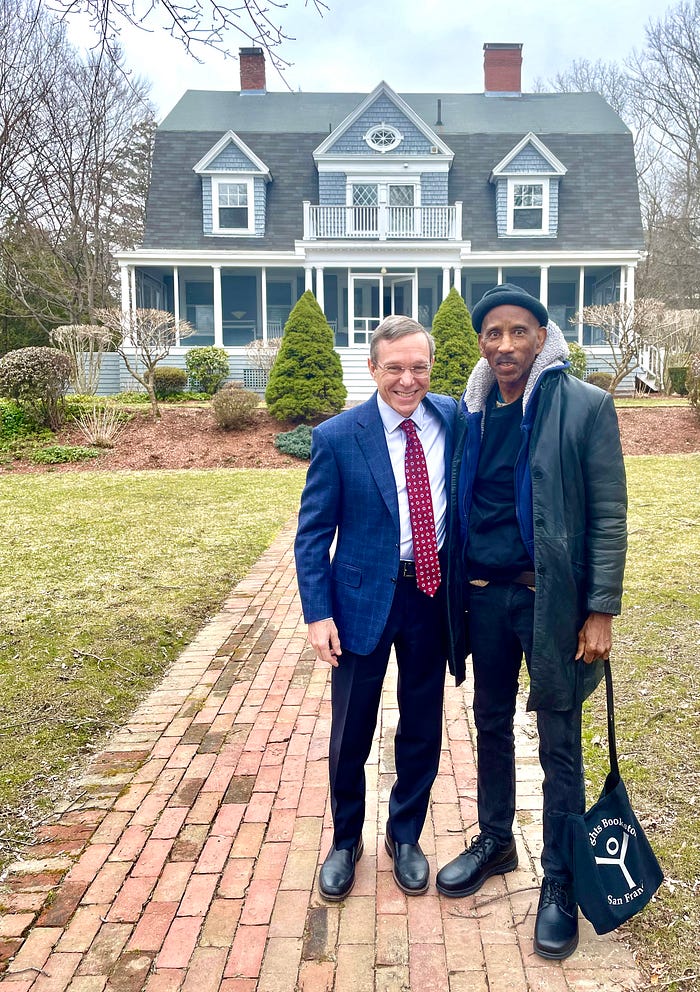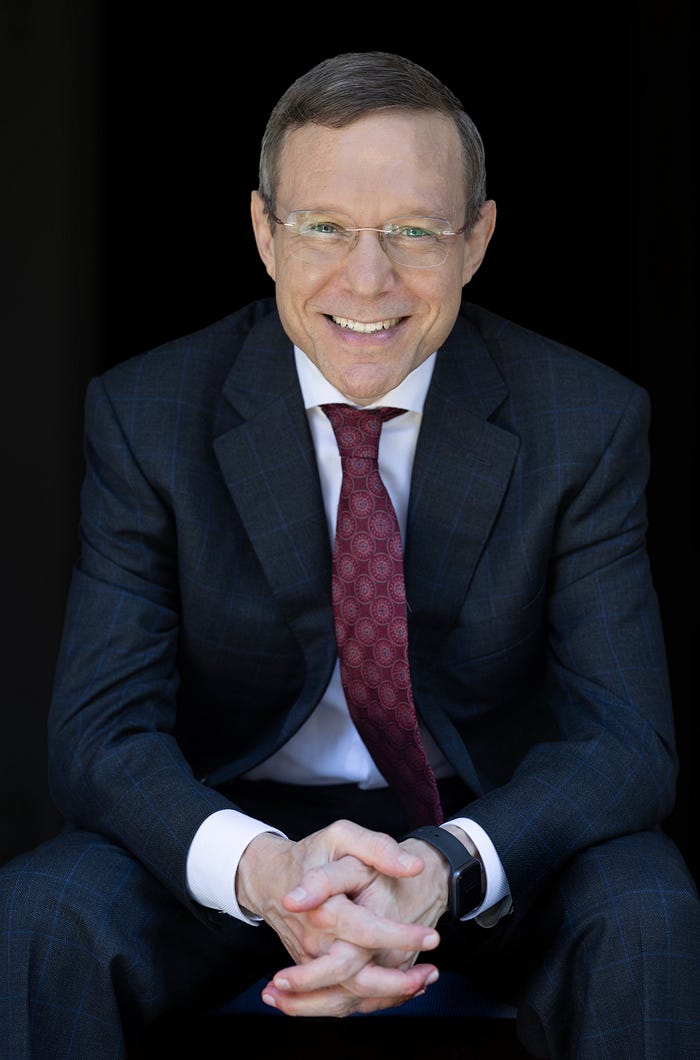
At Harvard, I am a tenured member of The Faculty of Arts and Sciences. My latest research handed me the privilege of benefitting from both sides of the aisle.
My day involved meeting two out-of-town visitors. They arrived at Harvard University for other engagements and told their hosts that they wish to meet one Harvard professor whose work they had been monitoring in recent years. To my absolute surprise, this person was me. I regard their requests as a great honor.
The first was Jean-Pierre Bekolo, a filmmaker from Cameroon who was inspired by my recent research to write a script for a new science-fiction film, in which he wants me to play myself.
The second was the poet Will Alexander, who was inspired by astronomy from a young age and brought a copy of my recent book “Interstellar” in his bag for me to sign. According to Justin Desmangles, “Will Alexander is by far the most original poet working in the United States today.” Will told me that he uses language to explore new landscapes of our minds. I admitted that just like his poetry, my scientific search for extraterrestrial intelligence explores the unknown. His Harvard host, Christina Davis, noted that language has its limitations. I agreed that this is because our vocabulary reflects past experiences. When our ocean expedition team recovered meteoritic material with a chemical composition that was never reported before in the scientific literature, we had to invent a new name for it, “BeLaU”, in our scientific report. In a follow-up publication we attempted to explain the unknown origin of this material.
Will also brought me a gift — a signed copy of his book: “The Combustion Cycle,” which starts with a citation from the historian Mircea Eliade: “…any fragment of the cosmos can give rise to a hierophany, in accordance with the dialectics of the sacred.”
Immediately afterwards, in an interview for “The Museum of Ideas”, I was asked what attracts me to search for extraterrestrial intelligence and I answered: “If the grass is greener in our neighbor’s yard near another star, this could motivate us to do better in cultivating our own backyard. In other words, extraterrestrials may serve as better role models than our politicians.”
In another podcast interview today, I was offered a potential funding opportunity for the next ocean expedition to seek interstellar materials from a neighbor’s yard. Subsequently, another bridge between arts and sciences was offered by a science communicator who wishes to organize a museum exhibit of our findings from the first ocean expedition. Later, in another interview, a biology student from Georgetown University asked me how to define intelligence. I responded that intelligence reflects the ability to understand reality and use it to fulfil goals. The ability to learn requires humility and curiosity. Science promotes constructive cooperation in infinite-sum games where everyone wins from new knowledge, in contrast to politics which is rooted in zero-sum games. The negation of intelligence is toxic engagement in destructive conflicts, often advocated by people who resist facts that contradict their narrative.
This was followed by an invitation to a conversation with Paul Giamatti, who was nominated for the 2024 Oscar Academy Award for Best Actor in a Leading Role. That conversation promises to be another exciting exchange between arts and sciences.
The pattern will continue tomorrow, starting with a NOVA-PBS filming crew that will camp at my home shortly after my morning jog at sunrise. Later in the day, the brilliant playwright Josh Ravetch will present his play about my research to a prestigious theater where the public can watch it.
My day ended with a calculation that demonstrated the fun of scientific reasoning. On April 8, 2024 at 3:29PM, the Moon will block 93.1% of the Sun from the vantage point of the Harvard College Observatory. This timing happens to coincide with my class, and so I asked the students: “When should we go out to watch the start of the eclipse?” In a spontaneous demonstration of how science works, I used the first few minutes of my class to calculate the duration of the eclipse event. We know that the Moon’s diameter is 0.52 of a degree in the sky and that the Moon moves 360 degrees around the Earth in a month. Therefore, my students calculated that it crosses its own angular diameter, which equals the angular diameter of the Sun during the eclipse, in about an hour and 12 minutes. We concluded that the eclipse will start at around 2:17PM and end at around 4:41PM, in excellent agreement with information available online.
This summarizes the fascinating interplay I witnessed all day: science adds quantitative reasoning to the beauty of experiencing reality through art.
ABOUT THE AUTHOR

Avi Loeb is the head of the Galileo Project, founding director of Harvard University’s — Black Hole Initiative, director of the Institute for Theory and Computation at the Harvard-Smithsonian Center for Astrophysics, and the former chair of the astronomy department at Harvard University (2011–2020). He is a former member of the President’s Council of Advisors on Science and Technology and a former chair of the Board on Physics and Astronomy of the National Academies. He is the bestselling author of “Extraterrestrial: The First Sign of Intelligent Life Beyond Earth” and a co-author of the textbook “Life in the Cosmos”, both published in 2021. His new book, titled “Interstellar”, was published in August 2023.
